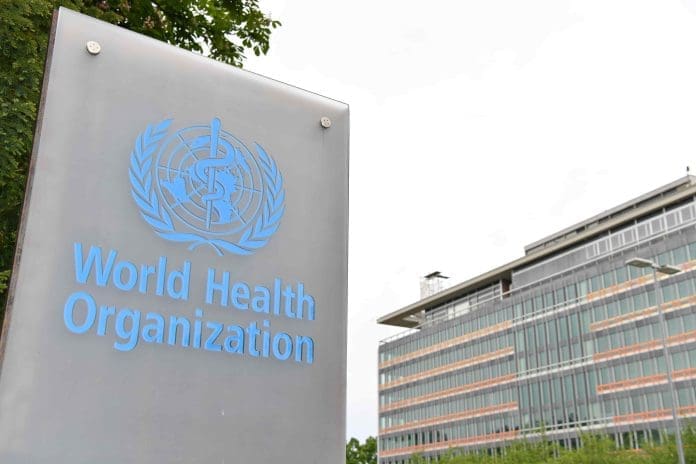Health leaders from Africa and the Eastern Mediterranean launched the first cross-regional emergency response network Sunday in Rabat, as multiple disease outbreaks strain public health systems across both regions.
The World Health Organization, Africa Centres for Disease Control and Prevention, and Morocco established the Health Emergency Leaders Network during a three-day summit bringing together deputy ministers and senior health officials to strengthen regional preparedness capabilities.
The initiative comes as 17 countries in Eastern and Southern Africa grapple with multiple public health emergencies, including ongoing mpox transmission across 11 African nations and active cholera outbreaks in 18 African countries as of April 2025.
Dr. Hanan Balkhy, WHO Regional Director for the Eastern Mediterranean, emphasized the network’s strategic importance during the launch ceremony. “When crises transcend borders, so must our response—seamlessly, efficiently, and with one voice,” she stated.
Morocco’s Minister of Health and Social Protection, Amine Tahraoui, highlighted lessons learned from recent global health emergencies. “COVID-19 and other recent global crises have shown the world that no nation can stand alone,” he said, representing host country leadership under King Mohammed VI.
The network directly addresses coordination challenges exposed during the current mpox emergency, where weekly confirmed cases declined by 52% between weeks 17-22 and weeks 27-32 of 2025, yet surges emerged in Ghana, Liberia, Kenya, Zambia, and Tanzania.
Dr. Raji Tajudeen, Acting Deputy Director-General of Africa CDC, credited previous collaboration successes through the continental Incident Management Support Team co-chaired by Africa CDC and WHO. “Beyond systems, the real difference in any emergency is made by people — and by leaders who act together in solidarity,” he explained.
The network forms part of the Global Health Emergency Corps launched in May 2023, which WHO established in response to gaps and challenges identified during the COVID-19 response. The Gates Foundation supported the initiative to strengthen health emergency response and leadership capacities across countries and regions.
Current health emergencies underscore the network’s urgency. Public health emergencies, including outbreaks of cholera, mpox and viral haemorrhagic fevers, pose significant threats to millions of children in Eastern and Southern Africa, according to UNICEF reports from February 2025.
Participants will adopt the Rabat Statement of Intent by Tuesday, establishing formal commitments to build trust, foster solidarity, and accelerate cross-border collaboration during future health emergencies.
Dr. Mohamed Yakub Janabi, WHO Regional Director for Africa, stressed the practical implications. “Africa and the Eastern Mediterranean face some of the toughest emergencies in the world. By bringing our leaders together, we are creating the relationships and readiness that will make responses faster, stronger, and ultimately, lifesaving.”
The network operates within WHO’s broader emergency preparedness architecture while addressing specific regional vulnerabilities that have complicated recent outbreak responses. Burundi, Democratic Republic of the Congo, Ethiopia, Kenya, Malawi, Mozambique, Rwanda, South Sudan, Tanzania, Uganda, and Zambia currently experience sustained human-to-human mpox transmission.
Regional coordination becomes increasingly critical as WHO Director-General extended Emergency Use Listing for mpox vaccines and diagnostics through August 2026 while financial resources remain insufficient for comprehensive response efforts.
The three-day Rabat meeting will define operational frameworks, establish communication protocols, and create sustainable mechanisms for rapid information sharing during health emergencies that transcend national borders.
Morocco’s selection as host reflects the kingdom’s strengthened role in African health diplomacy and its geographic position linking Africa, the Mediterranean, and the Middle East through established diplomatic and economic relationships.
The network represents a strategic shift from reactive crisis management toward proactive regional coordination, potentially serving as a model for other global regions facing similar cross-border health security challenges.
Success will depend on sustained political commitment, adequate financing, and operational integration with existing national health systems across both regions, officials acknowledged during opening sessions.
Source: newsghana.com.gh











